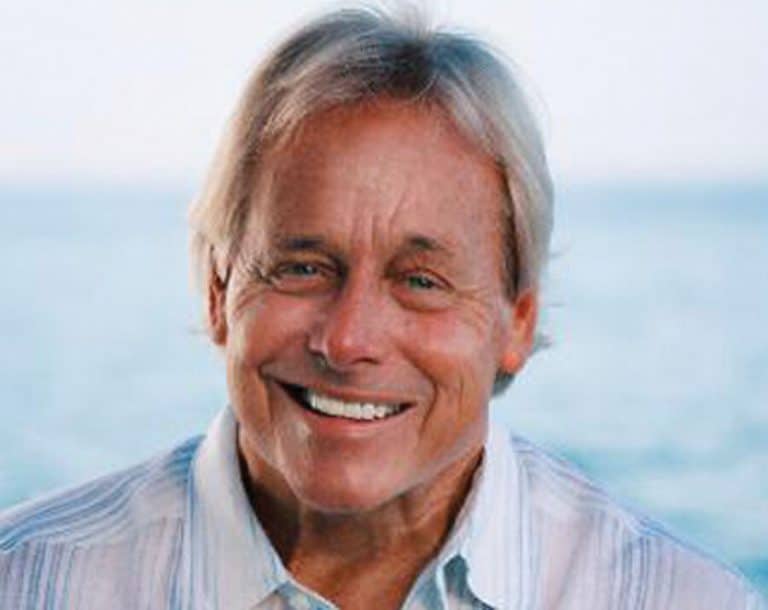
Giving Thanks Despite the Negatives
From the Left:
By Lance Simmens
As we enter the joyous holiday season there is plenty to be thankful for. Of course this does not mean there are not a plethora of problems that must be addressed. First and foremost, our democracy has survived a scare and we are now entering a period of divided government that will surely test our will to work together to solve serious problems. Surely, there are problems that must be dealt with here at home, but a look around the planet reveals problems that, when contrasted with the inconvenience of high gas and grocery prices, inflation, and a halting economy, pale in comparison.
Who amongst us would change places with the people in Ukraine, or Russia, or drought stricken Africa? Our democracy is sorely being tested, but the results of the recent mid-term elections indicate that the public, while divided, yearns for moderation over confrontation. Whether our divided government is willing to follow the will of the people is another matter altogether.
We must restore civility and compromise as we face issues that are currently at the top of the list of must-do items: namely gun violence, crime, homelessness, climate change, both the cost and content of education, a relentless pandemic that challenges our reliance on health science, and a persistent lack of faith and confidence in our leaders and institutions.
First and foremost, we are all Americans and for nearly 250 years, we have forged a reputation of being a nation dedicated to the pursuit of liberty and freedom. This reputation, however, has come at a high price. We are facing seemingly insurmountable problems, particularly over issues such as racism, civil rights, voting rights, immigration, gun violence, crime, reproductive rights, global climate change, and misinformation and disinformation propelled by social media platforms that tease our notion of what qualifies as free speech.
Our political system is inundated with the taint of dirty money and the chasm between wealth and poverty and a shrinking middle class continues to raise serious questions about our dedication to the foundational principle of “We The People” contained in the preamble to the Constitution. Some are even questioning whether a turn towards autocracy is warranted.
Our governmental system has morphed into essentially a two-party system. It may be as important now as at any other time in our existence that we figure out a way to work together to advance the needs, wishes, and aspirations of the people.
As troubling as any proposition that has been exposed during the past half century in our political system is the notion that capitulation rather than compromise is the governing political instrument of choice. Nothing could be more destructive or just flat wrong!
Today, as exemplified in the Jan. 6 attack upon the U.S. Capitol, we are flirting with a degree of hate and animosity that is disturbing and dangerous and we the people have a responsibility to demand our elected leaders place the will of the people above the pursuit of raw political power. Winston Churchill once proclaimed that “democracy is the worst form of government —except for all the others that have been tried.” The results of the recent elections validates the notion that our democracy is worth preserving.
Through gerrymandering of political boundaries by self-serving political actors, we have institutionalized pockets of influence that defy the will of the people, as witnessed in the distinct rebuttal by elected officials with respect to overwhelming support for gun control measures, reproductive rights, and voting rights just to name a few.
The overwhelming directive we the people demand of our elected leaders is, of course, to actually lead. This can only be accomplished by electing individuals with a mandate not merely to follow what the majority has to say but rather to lead based upon their access to intelligence, data, studies, and experienced advice by developing creative solutions that bring adversarial positions together rather than drive them apart. Compromise is the lifeblood of our democratic system.
The resolve among our elected leaders ought to be to reject institutionalized roadblocks and construct workable solutions. This is difficult and can be career-threatening, but this is the price for progress and a hallmark to leadership in a democratic society. Rather than eschewing hard decisions under the battle cry that “winning isn’t everything, it is the only thing” (more befitting a locker room pep talk than a path for the nation) we need to follow the admonition of John F. Kennedy when defending lunar exploration: “We choose to go to the moon in this decade and do the other things, not because they are easy, but because they are hard.”
This is the spirit of democracy and this is what will save us from ourselves, so let’s build upon the moderation that the people expect of our leaders.